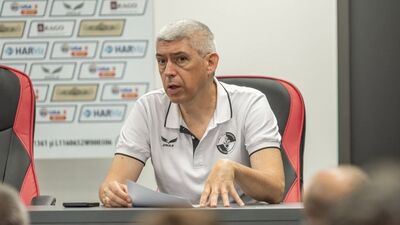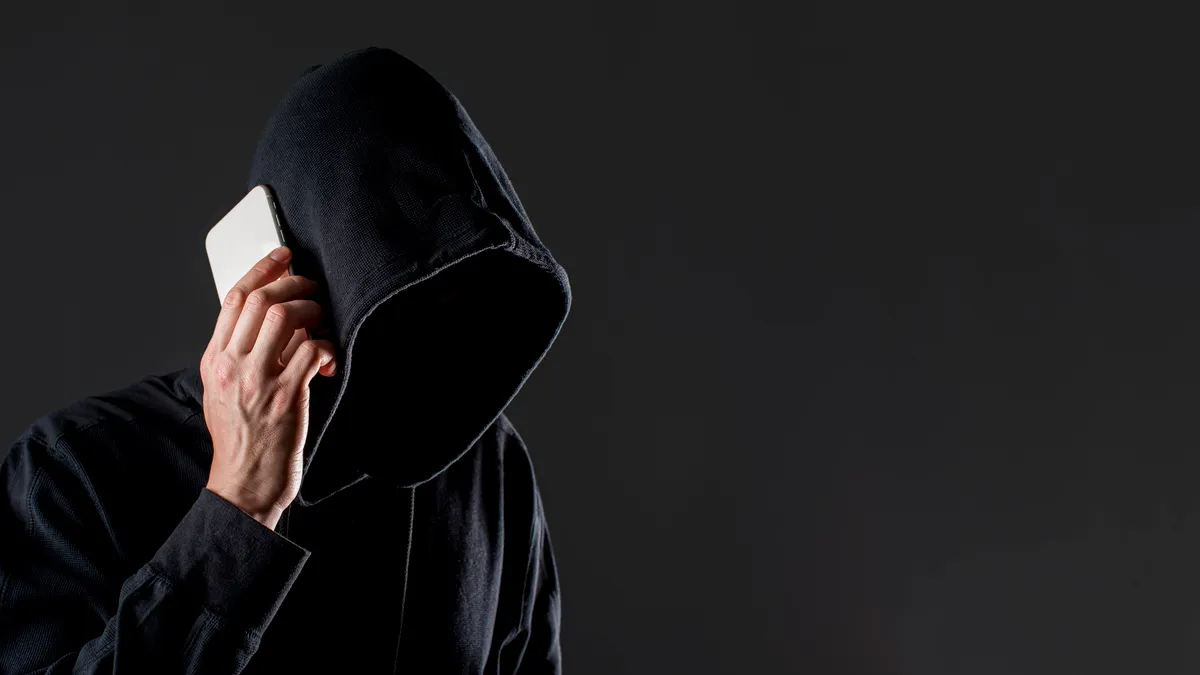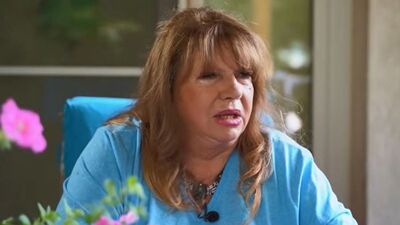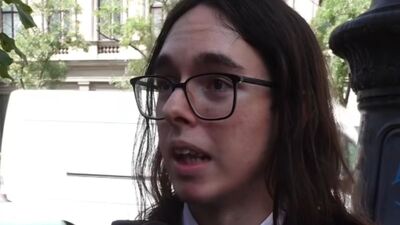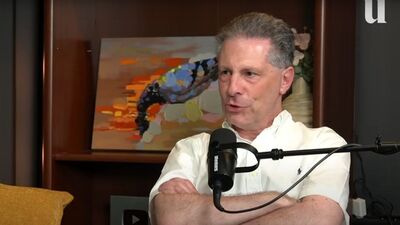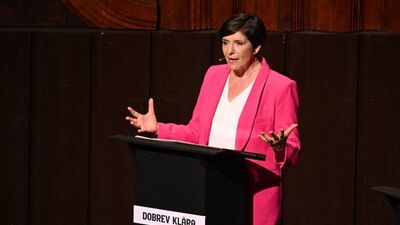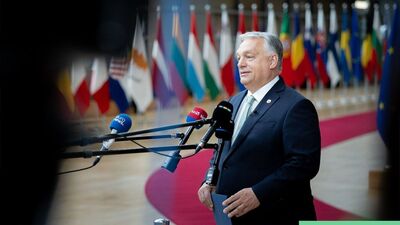Gyermekvédelem brit módra

Az Egyesült Királyság példája megmutatja, mi történhet, ha egy állam nem védi meg a leggyengébbeket, és nem figyel oda, hogy kiket enged be az országba.

European leaders need to show moral clarity and decisive leadership.
„Extreme Islamist acts like the imposition of religious law, issuing fatwa’s against infidels and carrying out honour killings, will be rationalised in a similar context. As in the 1930s, perhaps society lacks the confidence in its principles of tolerance, refraining from criticising or attacking extremist movements and allowing them to prosper. The excesses of history demand of us as Europeans to learn these lessons from history and assist those undergoing a new dawn of democracy, especially the lessons of the need for tolerance and security and the balance between these two essential elements.
The European leadership should place an emphasis on democratic norms as a barrier to hatred, xenophobia and anti-Semitism, in these nations as well as at home. We must also recognize that at the base of all democratic societies is freedom and security. European leaders need to show moral clarity and decisive leadership. To force the formalities of democracy rather than a culture of tolerance with checks and balances will result in sham democracies like in Iran, Afghanistan and the Palestinian Authority.
It is in the European interest to nurture tolerance as a precursor for stability and security, which is what all those who wish the future Egypt and Tunisia well would like to see. The correlation of tolerance and security needs redefinition. It requires further elaboration, and conclusions must be drawn that will have very real repercussions for all of our societies. Like a medicine, tolerance can heal if administered in small quantities but can cause harm with an overdose. It is vital that these nations undergoing societal change discover the correct dosage and identify the boundaries of tolerance.”

